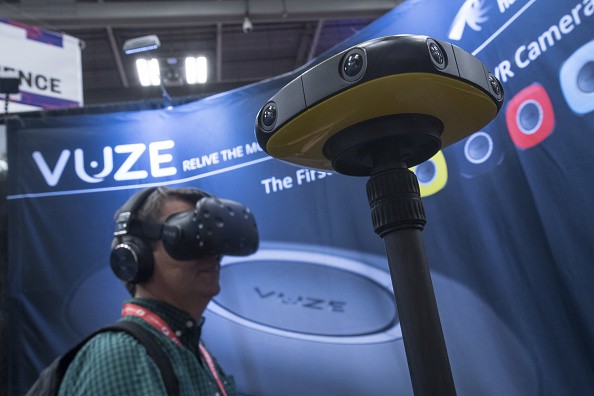HTC Corporation, a Taiwanese consumer electronics company, announced that its plant located in Shanghai will be sold for 630 million yuan. This is a strategic decision so that the company can fund its expansion into the booming virtual reality industry.
The 115,000-square-meter smartphone factory will be sold to Shanghai Xingbao Information Technology Co Ltd., a company that provides IT consulting and software development services.
The board members of HTC made this decision in order to improve operational efficiency as well as to rationalize their assets. From the deal, HTC will have approximately 147 million yuan net gain, which will be invested in its virtual reality equipment, the HTC Vive.
After the HTC Shanghai factory is sold, the smartphone production of the company will rely mainly on its Taoyuan factories located in Taiwan.
According to Zhao Ziming, an analyst at research and consultancy company Analysys, the decision of HTC will give them an edge so that they will have the leading position in the emerging VR market.
Zhao said: "In recent years its smartphone business has declined rapidly, especially in the Chinese mainland market. After selling the Shanghai facility, the company will be able to use more resources to develop the Virtual Reality business."
As HTC focuses on virtual reality expansion, Zhao is also expecting that the decision will impact the company's smartphone business. The Shanghai plant is currently one of HTC's key manufacturing facilities that are producing up to 2 million smartphones per month.
HTC is currently having a hard time putting itself back to its former glory in the global smartphone market. According to reports, its 2016 annual revenue declined from $121.68 billion to $78.18 billion, which is 35.77 percent year-over-year.
"The move also showed that HTC was pinning its hopes on its Virtual Reality brand, HTC Vive," Zhao added.



























